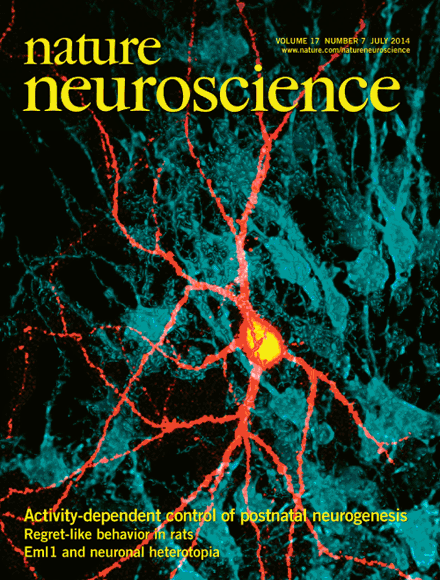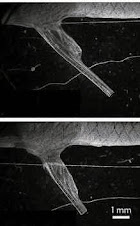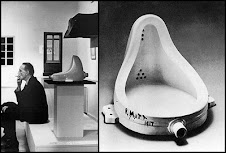Colillas de Cigarro Repelen Pestes
VÍCTOR ARGAEZ/R. SOC.
City-dwelling sparrows and finches incorporate the butts of
smoked cigarettes into their nests, seemingly to ward off parasitic
mites.
Isabel López-Rull and her colleagues at the National
Autonomous University of Mexico in Mexico City found that nests of house
sparrows (Passer domesticus) and house finches (Carpodacus mexicanus;
pictured) with higher levels of cellulose acetate, a component of
cigarette butts, had fewer mites. The researchers attached fibres from
either smoked or unsmoked cigarette filters to parasite-attracting heat
traps and placed them in 27 sparrow and 28 finch nests. Traps bearing
fibres from smoked filters, which contain more nicotine than those of
unsmoked ones, captured fewer mites, suggesting that nicotine — and
perhaps other compounds in cigarettes — repel the parasites.
Birds have long been known to line their nests with vegetation
that deters parasites, and the authors suggest that the use of cigarette
butts is an urbanized form of this earlier adaptation.
Biol. Lett. http://dx.doi.org/10.1098/rsbl.2012.0931 (2012)
Research Highlights Nature 492, 156 (13 December 2012)


















































































